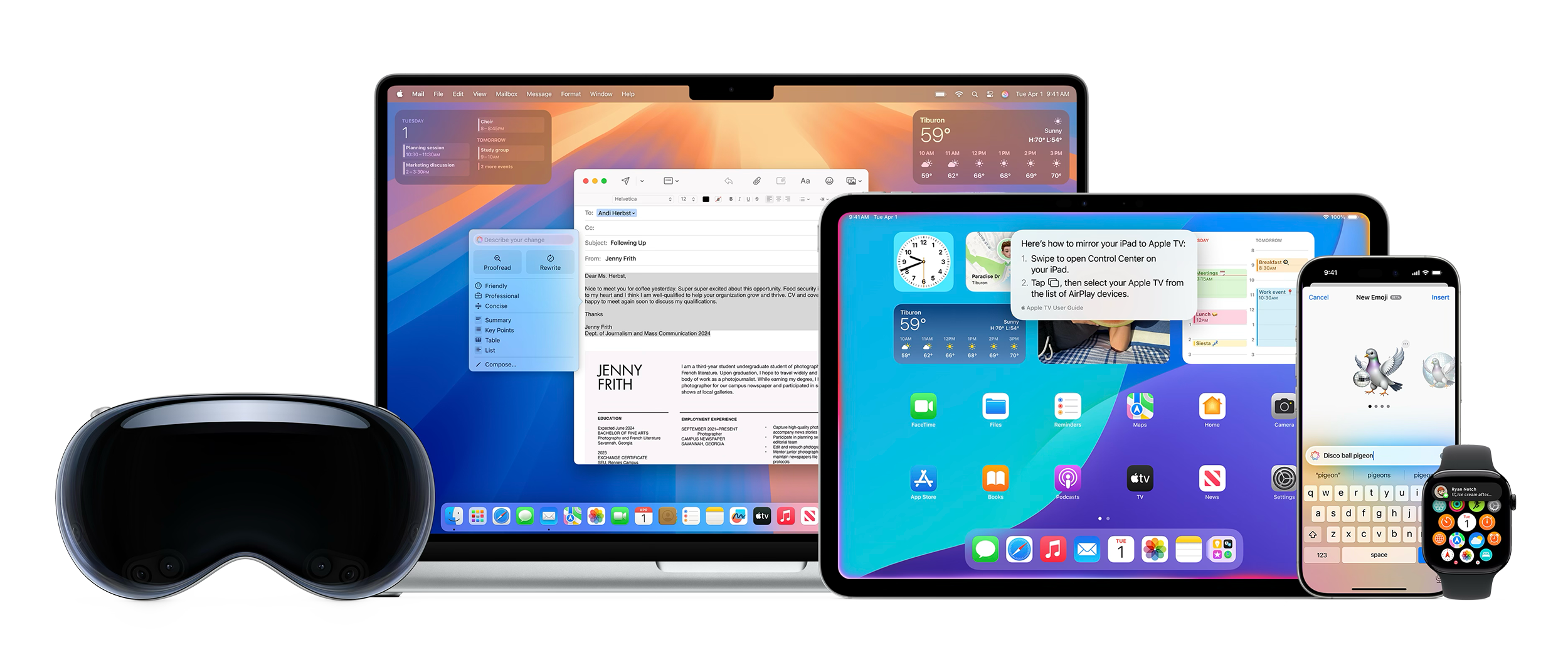Apple's AI Evolution Sparks Debate on Future of Personalized Advertising

A recent social media post by user "bayes" has ignited discussion regarding the escalating trajectory of advertising and the potential advent of highly integrated, "superintelligent" AI agents on personal devices like the iPhone. The tweet critically traces the evolution of advertising from traditional sales to mass channels, culminating in what it describes as "attention maximally fracked" through AI-driven distribution.
"first salespeople. then we made advertisements. then we scaled advertisement through mass channels. then we backpropagated through the hivemind until attention was maximally fracked, precisely automating the distribution of advertisement on top of that unprecedentedly captive audience. now, it would seem, we're going to assign superintelligent parasites to every man woman and child with an iphone," stated the user "bayes" on social media.
Apple has recently unveiled its "Apple Intelligence" initiative, aiming to integrate advanced AI capabilities across its ecosystem, including the iPhone, iPad, and Mac. This move is designed to enhance user experience by making devices more intuitive and proactive, with a focus on on-device processing to safeguard user privacy. The company emphasizes that its AI draws on personal context without allowing external access to personal data.
The new Apple Intelligence features include a more natural and integrated Siri, capable of understanding context and performing complex tasks. Apple has also announced a seamless integration with OpenAI's ChatGPT, allowing Siri to tap into its expertise for certain requests while giving users control over data sharing. This development marks a significant step towards more capable and personalized AI assistants.
Industry experts suggest that AI assistants are evolving from mere command-takers into "cognitive partners" that can anticipate needs and proactively act on behalf of users. By 2035, these systems are predicted to be omnipresent, utilizing predictive analytics and long-term memory. However, this raises questions about user autonomy and the potential for these highly integrated systems to influence behavior, echoing the concerns articulated in the "bayes" tweet.
The concept of "superintelligent parasites" highlights a growing apprehension among some observers regarding the pervasive nature of AI. While tech companies like Apple frame these advancements as productivity and convenience tools, critics worry about the potential for AI to become overly intrusive or to be leveraged for hyper-targeted advertising that could manipulate consumer choices. The balance between personalized assistance and preserving user agency remains a critical challenge in the ongoing development of AI.